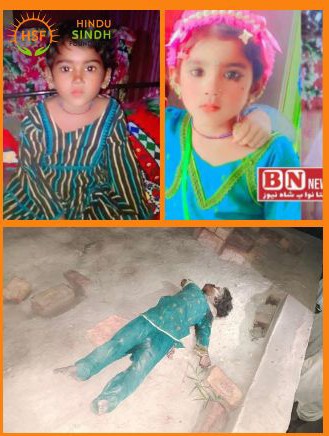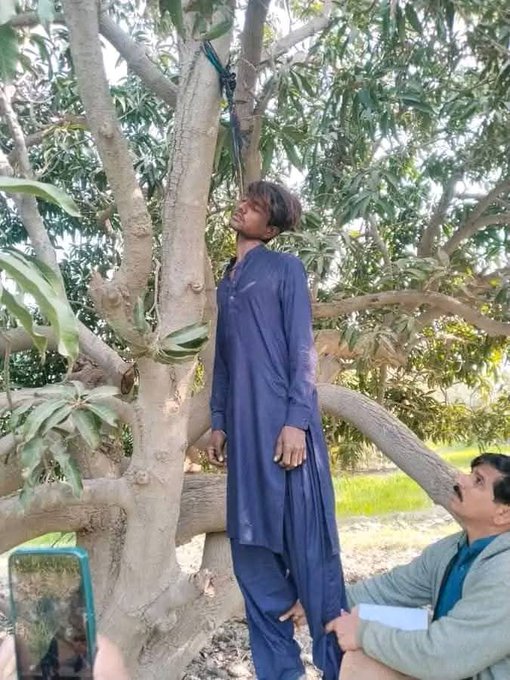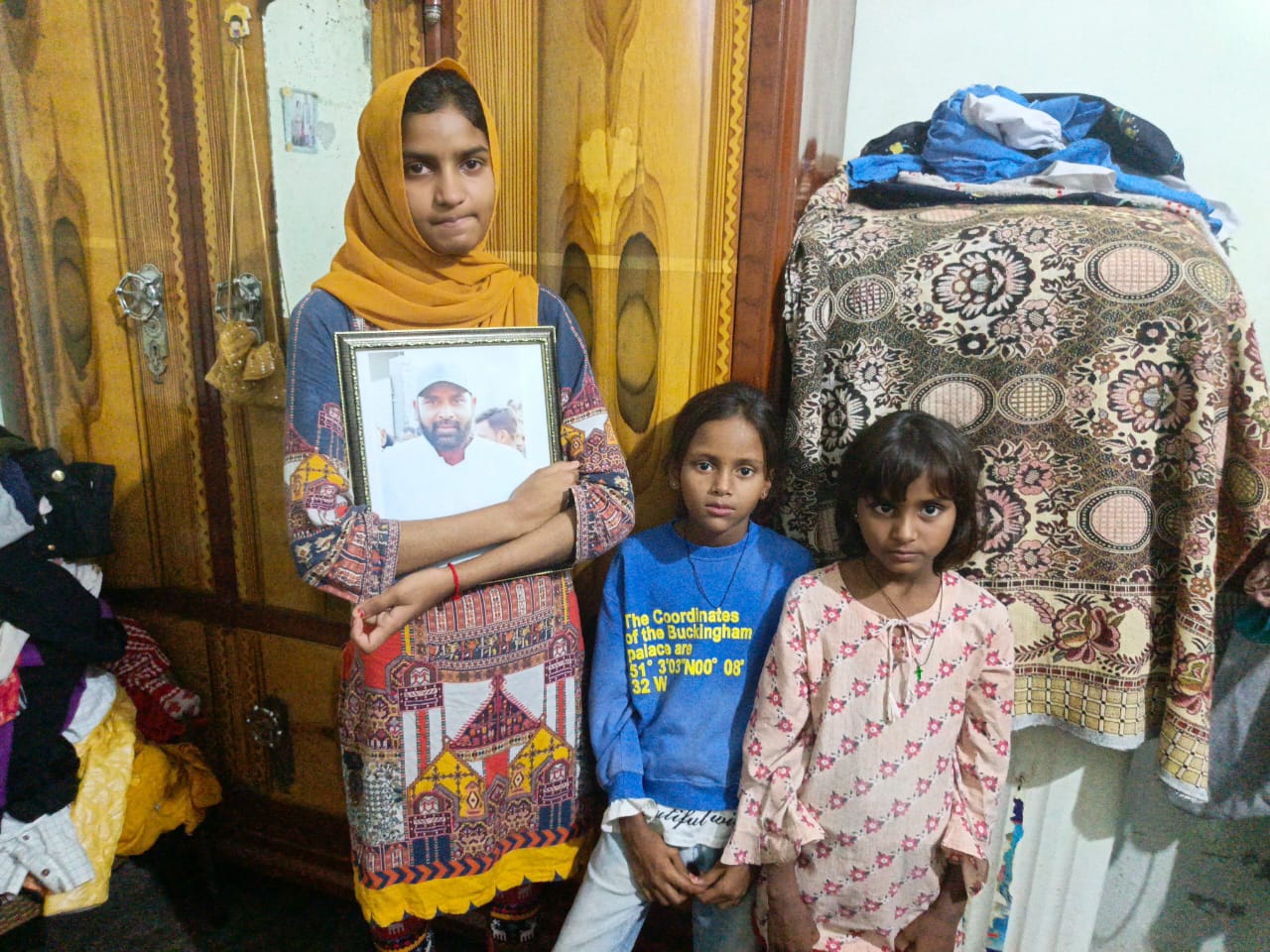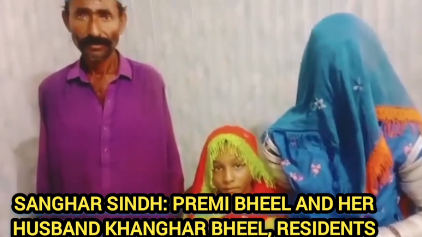Skrand City, Sindh- On , the life of 7-year-old Heer Bagri was brutally cut short, leaving behind a trail of unanswered questions, grief, and a community in shock. Heer, a child known for her laughter and innocence, vanished from Asghar Colony only to be found days later—tortured, mutilated, and lifeless. Her ears and arm had been severed, her body discarded in an under-construction vacant lot like trash. This was not just the murder of a child; it was a betrayal by someone she trusted and a failure of humanity.
A Life Stolen by Trust
Heer was a child of light- playing with dolls, seeking comfort in her mother’s arms, and living in a world she believed was safe. But on that fateful day, she was last seen with her maternal uncle outside a local shop. CCTV footage captured the chilling moment: Heer, accompanied by another girl, walked toward her uncle. He sent the other girl away and took Heer by the hand, leading her across the road. What happened next remains a mystery.
Within next day, her body was discovered, bearing the marks of unspeakable cruelty. The question haunts everyone: Why would ?
A Community in Mourning
Heer’s murder has sent shockwaves through Sindh, particularly within the , which has united in grief and outrage. Her family, neighbors, and activists have demanded justice, urging SSP Shaheed Benazirabad and authorities to hold those responsible accountable. Their plea is simple yet powerful: “Give the killer a punishment so severe that it becomes a warning for all who dare to commit such atrocities.”
But justice was never given a chance.
Justice Denied: The “Full Fry” Controversy
Within three days, police announced that Heer’s killer- her maternal uncle- had been . The news spread quickly, but so did the questions:
- Why was he killed instead of being brought to trial?
- What motivated him to commit such a heinous act?
- , or was he a pawn in a larger, more sinister plan?
The Sindh police, often criticized for extra-judicial killings, once again chose the easy way out. Instead of interrogating the killer, they silenced him forever. If the , would there be a need for such “ful fry” justice?
The , if there are any, remain untouched, shielded by power and impunity.
A Broken System and Unanswered Questions
Heer’s case is not an isolated tragedy. It is a glaring symptom of a broken system—one where the , where justice is selective, and where power dictates who lives and who dies.
- Why do children like Heer become victims of such brutality?
- Why does the system fail to protect the most vulnerable?
- When will the ?
The Hindu community, already marginalized, now lives in fear and despair. If a 7-year-old cannot be safe, who is?
The Uncomfortable Truths We Must Face
As Heer’s family lays her to rest, society must confront hard truths:
- Is an encounter killing truly justice, or is it a cover-up?
- Will the real culprits ever face the law?
- How many more children will we lose before we demand real change?
Heer’s murder is not just an attack on a child—it is an attack on humanity itself. It is a stain on our collective conscience, a reminder that .
A Call for Real Justice
The demand for justice must not end with a bullet in the dark. It must lead to:
✅ A transparent investigation into Heer’s murder. ✅ Accountability for all involved, from the killer to those who may have orchestrated the crime. ✅ Reform in policing to end the culture of extra-judicial killings. ✅ Protection for marginalized communities who live in constant fear.
Heer Bagri deserved a life, not a headline. She deserved love, not brutality. And she deserves justice, not a hasty burial of the truth.
We owe her that much.
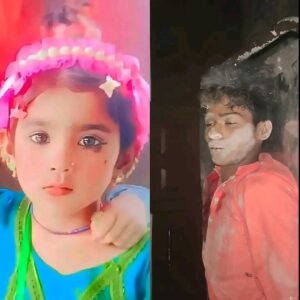
The world failed Heer. Will we continue to fail others like her? Speak up. . #JusticeForHeer 🕯️💔
For more updates and detailed coverage of this case and other issues affecting the Hindu and Sindhi communities in Sindh, Pakistan, stay tuned to Sindh Renaissance.



